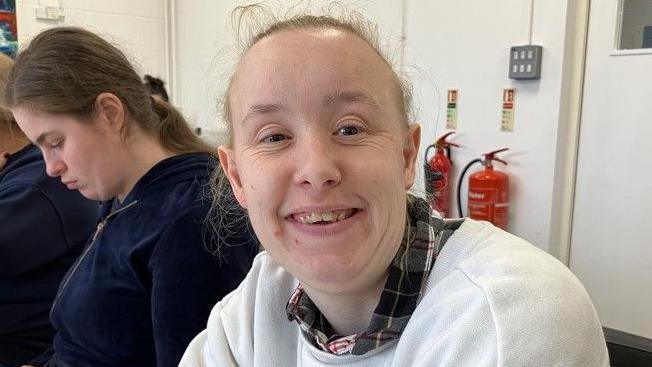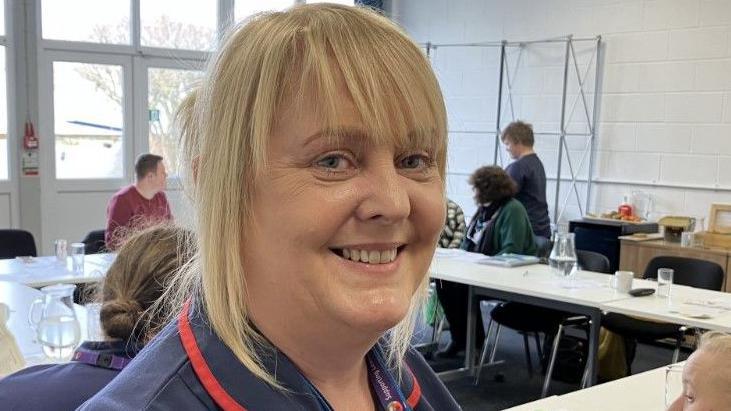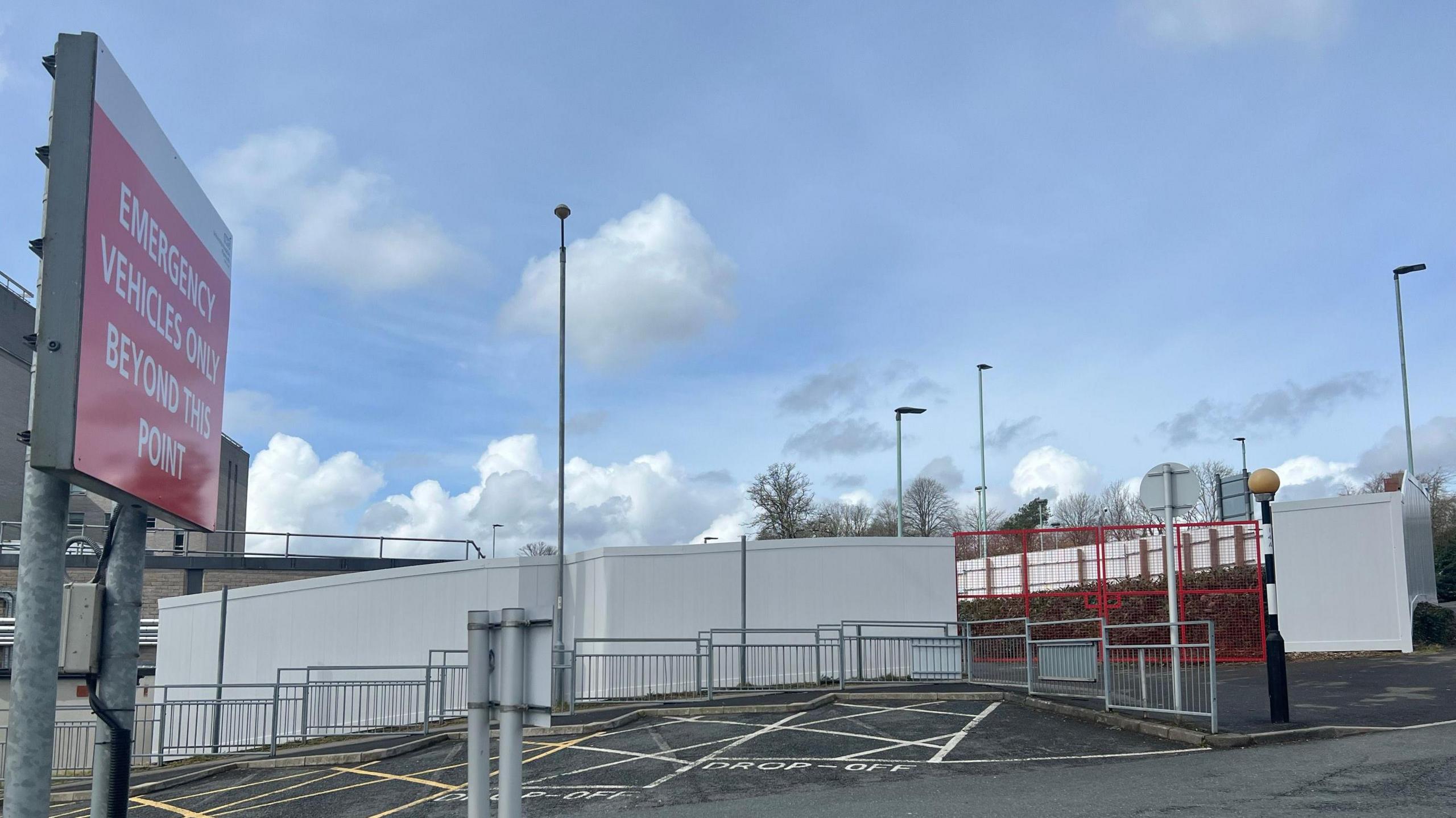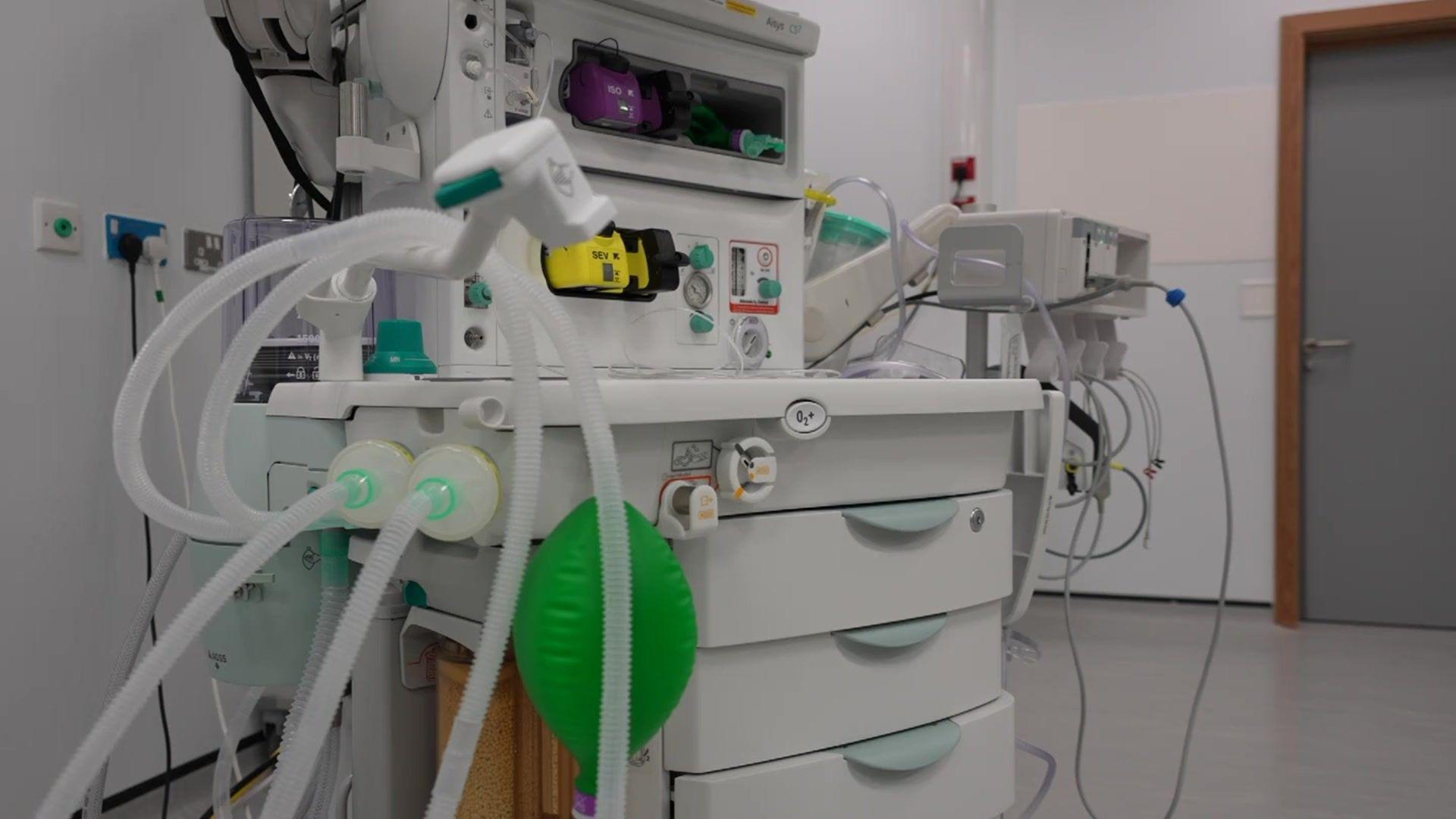Hundreds of patients use app to aid hospital visits

Jessica, who helped design and uses the app, said it was "easy and accessible"
- Published
An app to replace paper hospital passports has been created by a group of patients aiming to make hospital visits easier.
The app is in use at Derriford Hospital, Plymouth, Devon, and details a patient's allergies, medications, phobias, emergency contact and other information linked to their care so it can be viewed by staff.
Jessica, who helped design the app and uses it, said the aim was for it to be "easy and accessible".
Saoirse Read, learning disability and autism consultant, said there were plans to roll out the app - which has almost 700 users - to other hospitals in south-west England, and there was interest from NHS England.

Saoirse Read said she thought the app made a "huge difference" to neurodivergent people
Hospital bosses said the hospital passport had traditionally been a paper document that patients carried around, but the trust developed the app with users to replace it as a "more practical and efficient" way to keep their information safe.
Jessica said: "It saves me carrying the booklet and I can just hand my phone over to the nurse and consultants.
"We've made it easy and accessible for people who cannot understand technology."
App user Luke said it had helped with hospital visits and it told staff what "your dislikes are... if you're allergic to anything, any medications, things like that".
'Phobias to needles'
Ms Read said digitalisation of the information for the app also meant hospital staff could still access the information even if patients left their phones at home.
She said the passport contained "information that was really important", such as "how they react to pain... phobias to needles are quite common".
Ms Read said she thought it made a "huge difference" to neurodivergent people.
She said: "If we have the details around what that patient needs while in hospital, we can meet their needs in the emergency department or a ward.
"They might be scared... or might not want to engage with doctors and nurses, so having the information helps us to come up with a plan that's individualised for that person."
Follow BBC Devon on X, external, Facebook, external and Instagram, external. Send your story ideas to spotlight@bbc.co.uk, external.
Related topics
- Published28 March 2024

- Published15 May 2024

- Published21 October 2024
